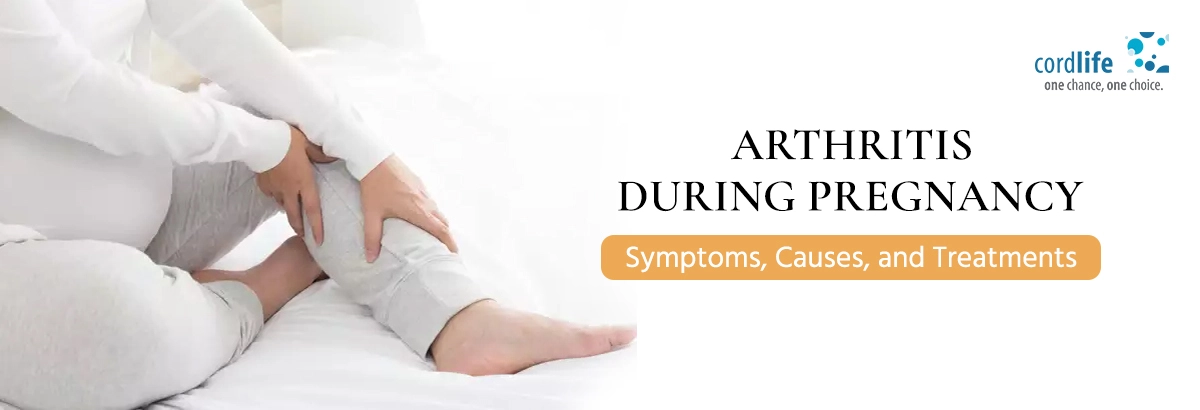Table of Contents
The word “arthritis” comes from “joint inflammation.” The inflammation may impact the tendons and ligaments around the joints of your body. In this condition, gradually the daily activities may be hampered.
Now, if you’re planning to have a baby, and you’re suffering from arthritis, this condition may not be a hindrance to your pregnancy, but you may surely have to consult the doctor before conceiving.
Carrying a baby, bearing the pregnancy aches, and putting up with arthritis must be a real challenge.
However, it’s never too late to start communicating with the healthcare practitioner, discuss your problems, ask your questions and then get things right.
What causes Arthritis during pregnancy?
A research journal on 1st March, 2019 revealed that, 60% of pregnancies with arthritis are flared in 46.7% during postpartum, and the reason behind that is changes in the pregnancy hormones and immunity. Changes in your pregnancy body weight, strains, and tears can also be the result of arthritis during pregnancy.
How does arthritis impact pregnancy?
Pregnancy aches and cramps are already normal. Pregnancy may impact the joints and muscles in various ways. Arthritis along with this changing phase may influence the body in various ways. Here’s how:
- Your joint may be weak, and you may wobble while walking.
- Due to pregnancy, your hormones are constantly in flux and you’re gaining weight. So you’ll already feel achy, and you may not be denied. At the same time, if you’re suffering from Arthritis during pregnancy, the muscles around the knees will be knees. As a result of which, you may have to struggle to climb up and down the stairs.
- As the pregnancy belly grows, the spine curves slightly, which can result in muscle spasms at the back. Arthritis in pregnancy can further make the legs and spine feel numb and tingle.
- During pregnancy, the body experiences increased blood flow, making it crucial for the heart to function normally to support this change. Without proper functioning, abnormal heart problems may arise.
- The water weight during pregnancy increases the stiffness, and can further cause carpal tunnel syndrome in pregnancy, otherwise it can cause numbness and tingling feeling near the index, and middle finger. (Such a tingling feeling and the feeling of numbness usually fade away after the delivery of a child). The presence of arthritis may just worsen the condition.
- Usually, as the baby grows, you may have slight breathing trouble during the last phase of your pregnancy. Additionally, with the presence of Arthritis, there might be mild shortness of breath or change in breath.
What are the pregnancy risk factors?
When you’re in the various stages of pregnancy and suffering from arthritis, you may be at the risk of:
- Giving birth to smaller babies
- Emergency C-section
Sometimes, arthritis in pregnancy can cause dryness in the mouth, and there might be difficulty swallowing the food.
What are the ways of treating Arthritis during pregnancy?
Although you need to discuss this with your healthcare practitioner (for taking pain-relief medicines), there are a few safe, helpful, and natural pain-relief tips to cope with arthritis while you’re pregnant. They include:
- It is always advisable for you to put hot and cold compresses on the achy joints. Getting a gentle massage done can also help.
- Let your achy joints rest
- Let your feet relax to relieve the strain from the ankles and knees
- Take long and deep breaths
- Pay heed to your posture – while sitting and standing
- Your diet should include more prenatal vitamins
- Say “no” to wearing heels
Yet, according to research, 50% of new mummies suffer from arthritis even after nine months of careful management during the pregnancy days. You can surely continue with arthritis pain-relief tips. If you’re breastfeeding, at the same time, tell your doctor about it. If you’re on medicines, take care that it doesn’t get passed on to the newborn.
Take care! Before, and during your pregnancy, as well as after childbirth; your health should be your priority.
